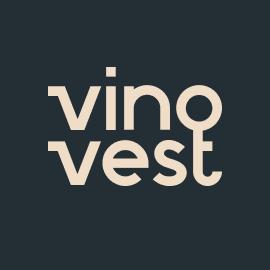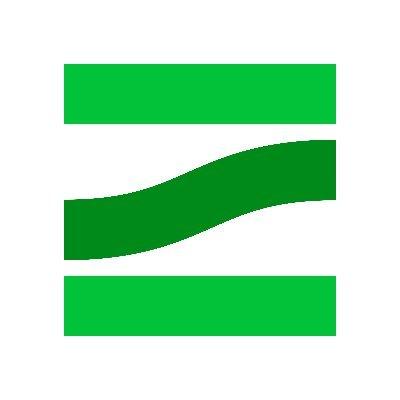Invest in wine and whiskey
Buy pre-IPO stock in private companies
Investments
$10,000
The minimum investment on EquityZen is $10,000, though this may vary by offering.
Moderate Risk
3/5
Investing with Vinovest involves market fluctuation risks, potential loss from early sale fees, limited insurance coverage, and no guarantee of liquidity or fair value realization on the secondary market.
High Risk
4/5
Investing in private companies via EquityZen involves risks such as limited liquidity, market volatility, company performance uncertainties, regulatory changes, less available information, and potential lack of diversification, which could impact investment returns.
Moderate Liquidity
2/5
Vinovest permits selling of assets with no extra commissions but charges a 1.5% listing fee for sales made before the ideal time window. Liquidity is not guaranteed and depends on market demand.
Minimum Liquidity
1/5
EquityZen offers liquidity for vested shares only. It does not provide liquidity for unvested shares, unvested RSUs, or options directly.
Receive new reviews from Fintorial
Moderate Return
8.9-13.8 %
Between 2015 and 2022, whiskey and fine wine have historically generated annual returns of 13.8% and 8.9%, respectively.
Not Predictable Return
N/P
Unlike public market investments, private investments carry higher risks and unpredictability. Consequently, it's challenging to define a standard return rate for EquityZen investments.
Long-term Investment
5-10 years
Vinovest offers three time horizons for wine investment: short-term (5-7 years), medium-term (7-10 years), and long-term (10+ years), with customization options for higher-tier clients.
Long-term Investment
2-5 years
Typically, companies on EquityZen have received late-stage funding, suggesting an expected investment horizon of 2-5 years, but outcomes can vary widely.
Who can invest
International
Vinovest is open to investors who can meet the platform's minimum investment thresholds, catering to a wide audience from beginners to seasoned collectors and various entities.
Moderate Volatility
3/5
Vinovest's assets, like wine and whiskey, can face market volatility with swift price changes, posing risks of financial loss for short-term investors.
Moderate Volatility
3/5
Assets on EquityZen, which are shares in private companies, can be highly volatile due to limited public information, sensitivity to market conditions, low liquidity, and company-specific events, leading to significant price fluctuations.
Regulation and audits
Audited
Vinovest is audited annually by insurers and an independent auditor but is not SEC-regulated as it does not deal in securities.
Regulation and audits
SEC Regulated
EquityZen Securities is registered with the SEC and is a member of FINRA/SIPC, ensuring it adheres to regulatory standards and practices for investor protection and undergoes regular audits.
Insurance
Yes
Vinovest insures client assets against damage, with reimbursement at full market value, although not all loss scenarios may be covered.
Insurance
No
EquityZen is a FINRA/SIPC member firm, offering account protection up to $500,000 (including $250,000 for cash claims) through SIPC in case of brokerage failure, not covering market value losses.
Payouts
No Recurring Payouts
Investors in private companies on EquityZen typically do not receive dividends, as these companies often reinvest profits to fuel growth.
Withdrawals
Investors get money back from Vinovest after selling matured or scarce wines, generally within a 10 to 15-year timeframe.
Withdrawals
Investors can get their money back from investments on EquityZen mainly through an IPO, acquisition of the company, or secondary market sales on the platform. However, returns depend on market demand and timing of these liquidity events, with no guaranteed timeline.
Extra Fees
Yes
Vinovest charges tiered management fees: 2.5% (Standard), 2.35% (Plus), 2.15% (Premier), and 1.90% (Grand Cru), applied only on invested capital. A 1.5% selling fee is incurred upon sale, with free listing.
Extra Fees
Yes
EquityZen charges a 5% fee to sellers upon transaction closure. For investors, a one-time sales fee applies: 5% for investments up to $500,000, 4% for $500,000 to $1 million, and 3% for over $1 million.
Taxes
Annual Statement
Wine gains taxation through Vinovest depends on location: taxed as collectibles in the U.S., often exempt in the U.K., with similar exemptions in other countries. Vinovest provides monthly and annual statements for tax reporting, not 1099 forms.
Taxes
Tax Form
EquityZen issues a Schedule K-1 for taxable events and provides vetted tax documentation to investors. Upon investment, individuals complete necessary tax forms (W-9 or W8-BEN) and receive annual tax updates.

